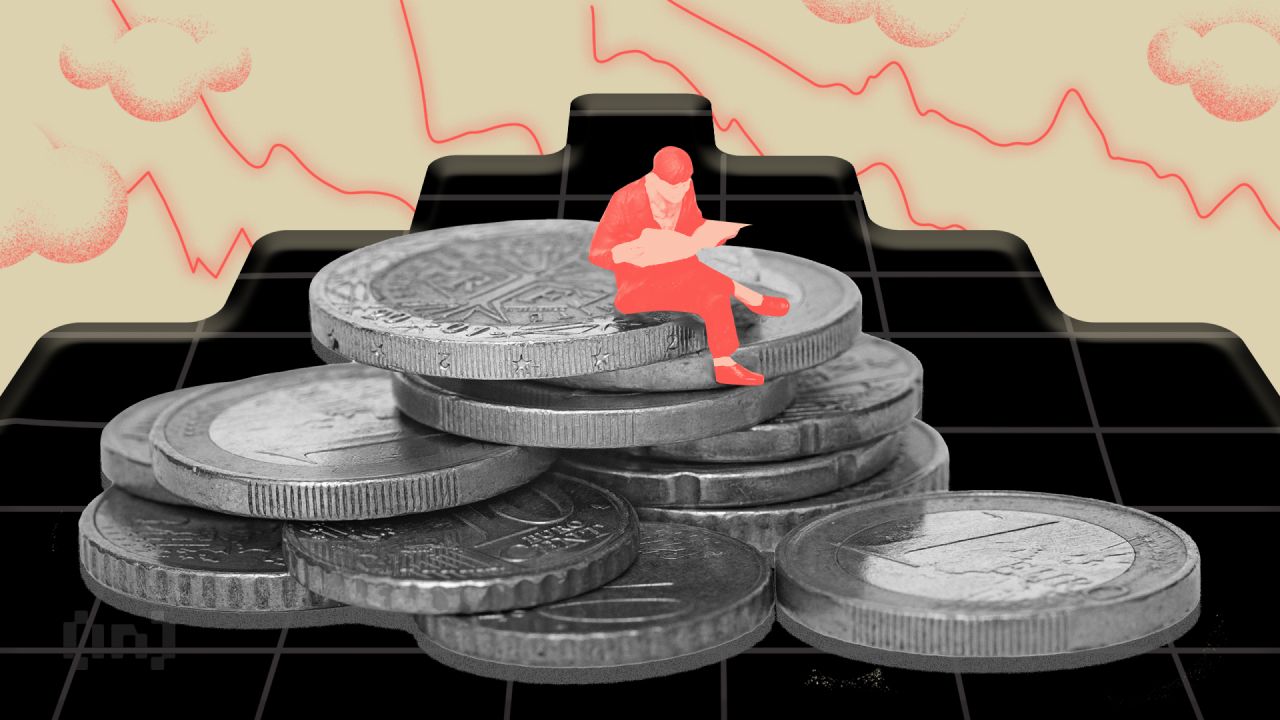
The Reserve Bank of New Zealand: A Key Decision Looms
The Reserve Bank of New Zealand (RBNZ) is gearing up to announce a potential reduction in the Official Cash Rate (OCR) to 2.25% in its November meeting—set to take place on Wednesday. This anticipated move follows a series of rate cuts in August and October and is seen as a measure to address a slowing economy while maintaining inflation control. With reactions expected from the New Zealand Dollar (NZD) and financial markets, all eyes are focused on Governor Christian Hawkesby’s announcements.
Understanding the Rate Cut: What You Need to Know
The RBNZ’s previous 50-basis-point cut in October, coupled with its inflation management strategy, indicates a strong commitment to economic stabilization. Economists predict another 25-basis-point reduction this November, suggesting potential future cuts into 2026. New Zealand’s inflation remains at 3.0%—the upper limit of the bank’s target range—but policymakers argue this is temporary and expect levels to stabilize around 2% by mid-2026.
Meanwhile, important economic markers, such as the slight uptick in the unemployment rate to 5.3% in the third quarter, signal that the central bank is working to balance growth with inflation control. With inflation expectations steady at 2.28% over the next two years, markets anticipate a moderated easing trajectory moving forward.
What This Means for the NZD/USD Pair
As speculation intensifies around the RBNZ’s upcoming decision, the New Zealand Dollar has been trading at seven-month lows. A dovish monetary policy signal could place more downward pressure on the NZD/USD pair. However, a clear indication from the RBNZ that the rate-cutting cycle is nearing its end may spark a relief rally for the Kiwi Dollar.
Technical indicators also point to vulnerabilities for NZD/USD. According to Dhwani Mehta, Asian Session Lead Analyst at FXStreet, bearish sentiment remains strong. The pair could test the 0.5550 support level or drop further if sellers gain momentum. However, any recovery would require the pair to break through key resistance levels at 0.5663 and higher.
How Lifestyle Choices Can Adapt to Economic Changes
Interest rate cuts often impact household budgets by reducing loan repayment costs but can also signal slower economic growth. During periods of economic uncertainty, adopting smart spending and saving habits is critical. One practical recommendation is to take advantage of market shifts by refinancing loans or paying off high-interest debts. Moreover, using financial tools such as budgeting apps like Mint can help track expenses and plan for the future.
Upgrade Your Finance Game With Essentials
For those looking to make informed financial decisions, now is the perfect time to invest in tools to secure your financial future. Consider a high-quality financial planner, like the Erin Condren Budget Planner, which allows you to manage cash flow while being adaptable to economic changes. Small steps today can lead to greater peace of mind tomorrow.
Final Thoughts: Preparing for the RBNZ’s Decision
While the Reserve Bank of New Zealand evaluates its path forward, households and investors must remain proactive in adapting to potential economic shifts. Whether it’s budgeting smarter, monitoring financial markets, or seeking professional advice, staying informed is key to weathering the impacts of policy changes. Keep an eye on upcoming announcements and market reactions to better plan your next moves.






